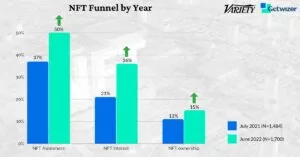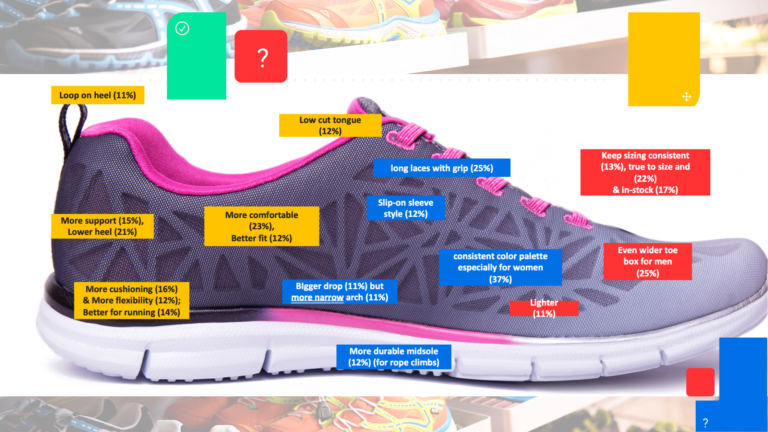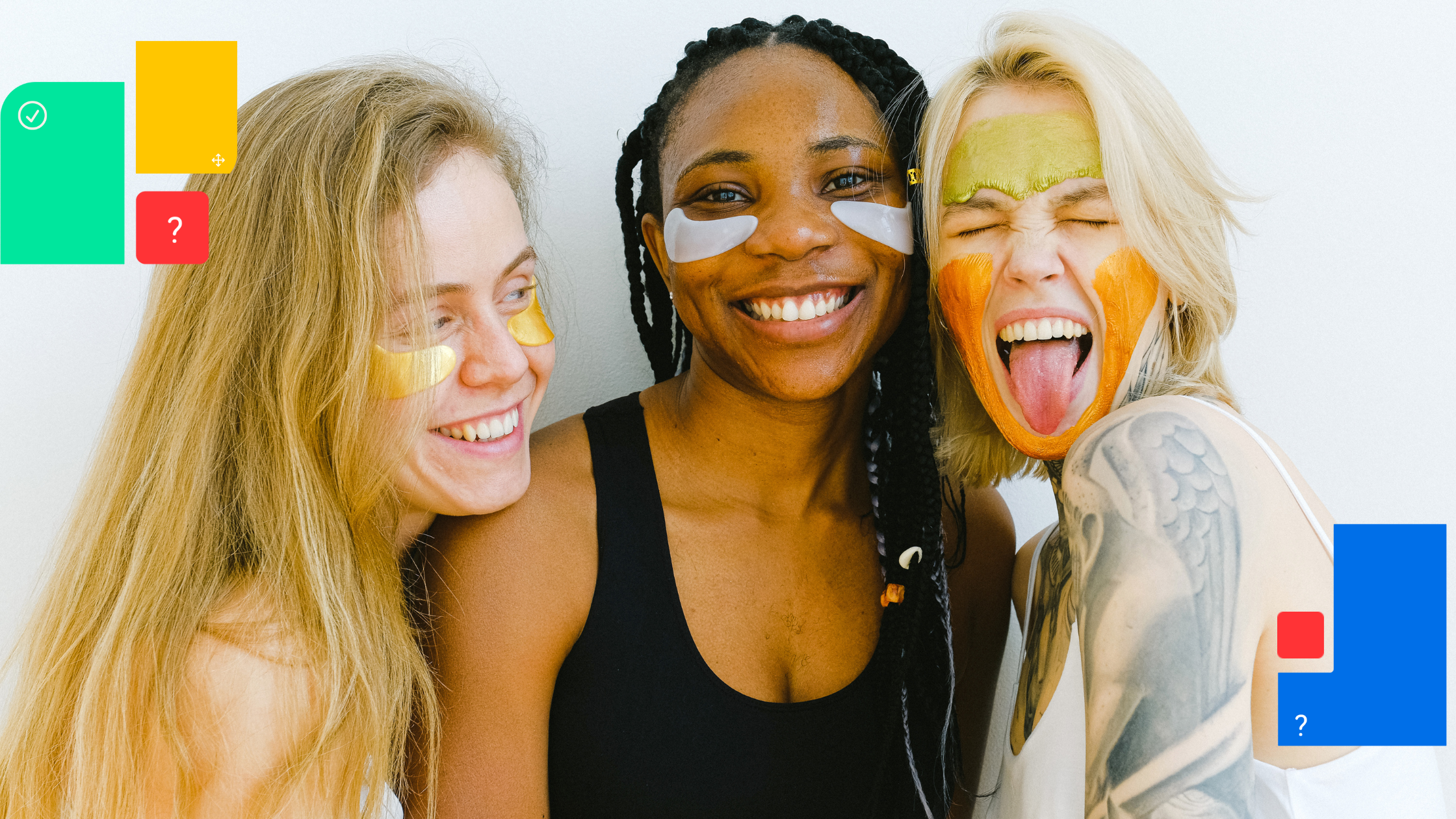
Focus on Natural Beauty Driving Growth in Skincare Sector
- October 27, 2022
- 5 min
Sales of skincare products are on the rise, particularly among Gen Z and men, according to Getwizer research.
When recession struck in 2001, one product not only weathered the storm but actually saw sales increase. Lipstick had already become well-known in the cosmetics sector for performing well during times of economic strife, due to its ability to provide an emotional lift without breaking the bank. This was dubbed the “lipstick index” by Leonard Lauder (of Estée Lauder). But when the pandemic hit in early 2020, sales of cosmetics, and even lipstick, took a nosedive.
With people wearing masks and social distancing, the need for cosmetic products made little sense. That was until the Zoom Boom changed everything. People were suddenly sitting in on video calls multiple times everyday looking at their face and those of their colleagues, and became more self-conscious about their appearance. This phenomenon sparked a growing awareness around the health and appearance of our skin, so much so that the skincare segment is still growing faster than any other part of the beauty industry.
Skincare is central to achieving the ‘natural’ look that is currently in vogue, according to Jerrod Blandino, CEO of Too Faced cosmetics. “We want to look healthy with beautiful, natural skin,” he explained to Refinery29. “It isn’t about covering up, but embracing self-love and self-acceptance.”
The current trend focusing on natural beauty and minimalistic make-up means 23% of consumers are now buying more skincare products compared to the start of the pandemic back in March 2022, according to Getwizer research. When asked what were the main benefits of their skincare products, the top four were hydration, anti-aging, sunscreen and Vitamin C. However, social consciousness also plays a determining role, with significant numbers of consumers looking to buy cruelty free, plant-based and vegan products.
Younger Consumers Driving Market Growth
However, it is the younger segments of consumers that are predominately helping drive growth in the skincare sector. A whopping 43% of under 25s, almost 40% of 25-34 year olds and 22.5% of those aged 35-44 have increased their spending on skincare. This compares to almost 7% of over 65s, and just over 18% of those aged between 45-64.
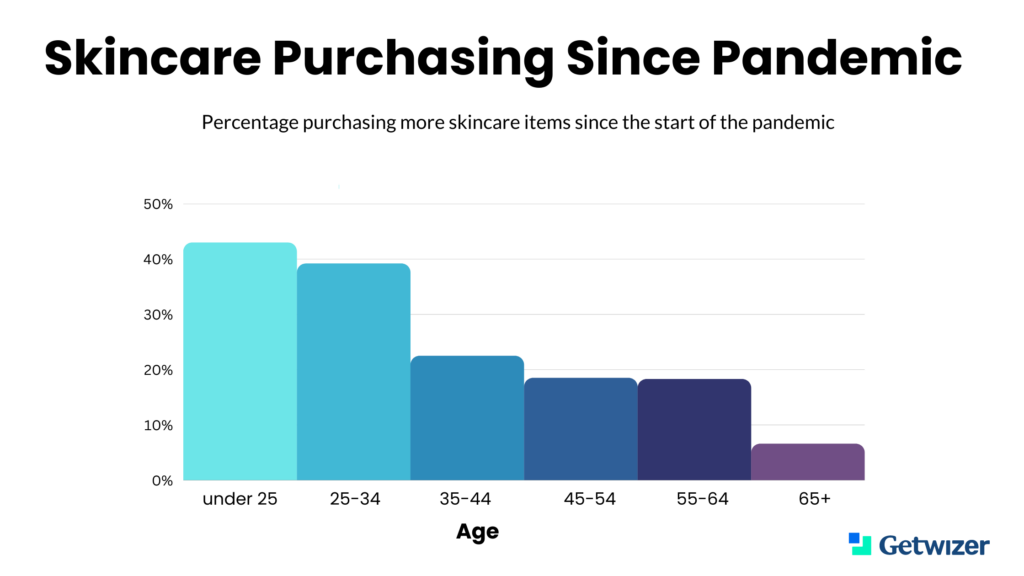
Significant Rise in Purchases by Men
For an industry traditionally dominated by products targeting female consumers, Getwizer found that almost 27% of men are buying more skincare products compared to just over 19% of women. The strength of the male segment is also visible when looking at the percentage of people that are buying less skincare products — this accounts for just over 13% of men compared to over 24% of women.
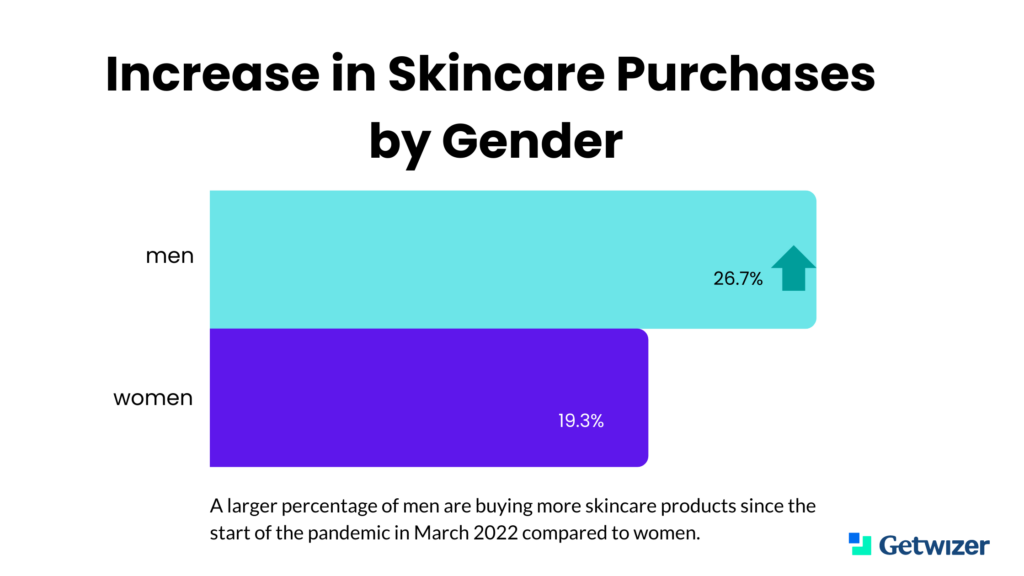
The growth in the interest of men in skincare saw online store, Beauty Base, report a 300% growth in the sales of skincare products for men. It has also seen new skincare brands popping up as a result, such as Brad Pitt’s Le Domaine Skincare Line, and skincare ranges introduced by Clark’s Botanicals, Adidas and The Vitamin Shoppe. These have all appeared over the past year and other brands are following suit and increasing their focus on the skincare for men sector.
For these brands and others looking to target male consumers, Gewizer found that men purchase skincare products through channels that they are most familiar with — mass merchants, drugstores and Amazon.
Family and Friends Are Key Influencers
Overall, most of us appear to be swayed by the recommendations from family and friends when deciding what skincare products to purchase. Social media, dermatologists and websites are also powerful influencers.
Interestingly, celebrities are, overall, not such a powerful influence on our decision making, with just over 11% of us saying they help us decide which skincare products and brands to buy. However, for the under 25s this percentage soars to 29% compared to just 15% of those aged between 25 to 34.
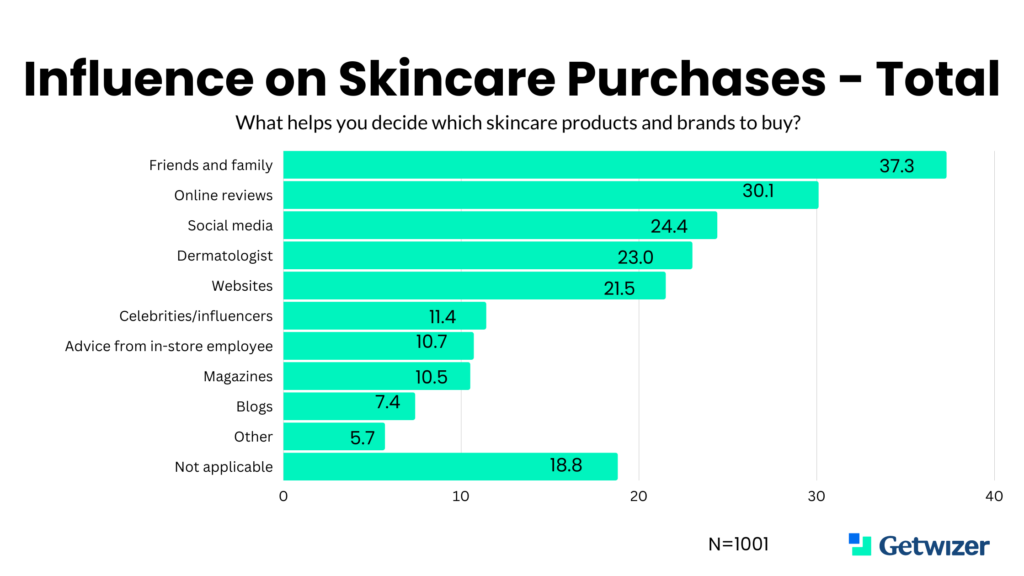
Facebook is the Key Source of Information
Facebook dominates when it comes to where we get information about skincare products and brands, according to Getwizer. Just over 33% of men and almost 35% of women say this is their number one source of information when deciding what products to buy. Interestingly, men rely more on YouTube (25.8% Versus 14.5%) and Instagram (21.7% Versus 16.9%) than women. Women, however, turn more to TikTok, with almost 22% of them using it as a source of information compared to just 5.8% of men.
Skincare Regimes Starting Younger
Over 50% of those aged between 45-64 and just over 40% of those over 65 use skincare products as anti-aging treatments. Surprisingly, however, 30% of those aged under 25 and over 33% of 25-34 year olds, despite their young age, also cite anti-aging as a key benefit.
In fact, cosmetic companies are now targeting younger consumers and have identified them as the key to continued growth within the sector, due to the fact that they are starting their skincare regimes earlier than their parents.
With Gen Z and Gen Alpha the largest and wealthiest generations ever, the opportunities for brands targeting this segment to drive growth in the skincare market are significant. So, expect to see a flood of TikTok and Instagram campaigns targeting younger generations over the coming months and beyond.
Discover more about how brands and retailers need to adapt to attract Gen Z and Gen Alpha here.
Get started
You too can test anything, anytime, over and over again.
We'll be in touch soon. Privacy settings

